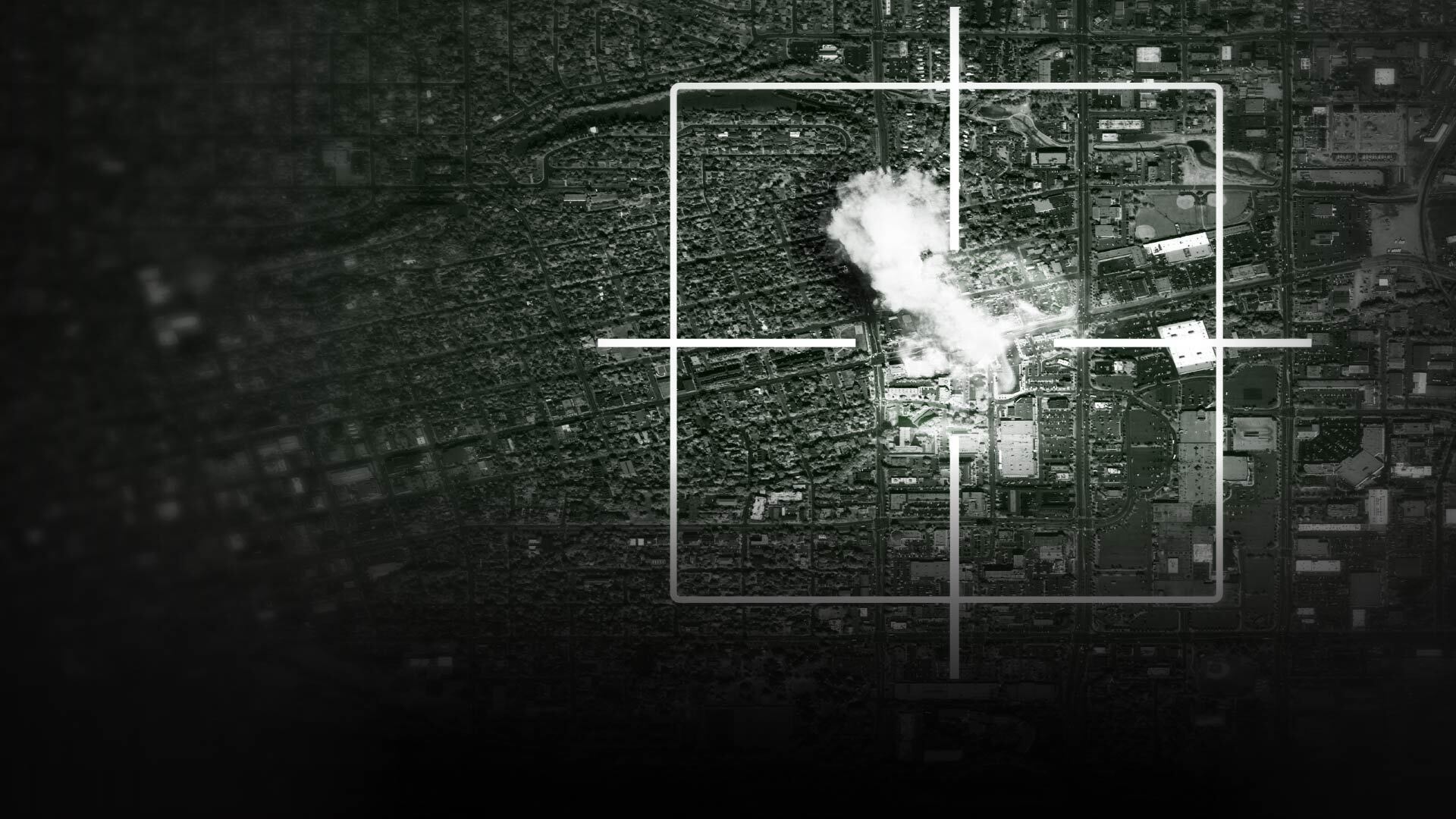‘Accountability can’t be transferred to any software system,’ software engineer Laura Nolan unpacks use of AI in war.
“A mass assassination factory” was the headline of the investigation by +972 magazine and Local Call that unveiled the use of an artificial intelligence (AI) based targeting system by Israel.
The system, called Habsora, or the Gospel in English, uses advanced technology to get targeting recommendations faster than a team of human beings.
But, are technological advances making war deadlier? What kind of information goes into an AI-based military targeting system like the one Israel uses?
On UpFront, software engineer and member of the Stop Killer Robots coalition, Laura Nolan, talks to Marc Lamont Hill about using AI systems in warfare.
Check out our Latest News and Follow us at Facebook
Original Source

